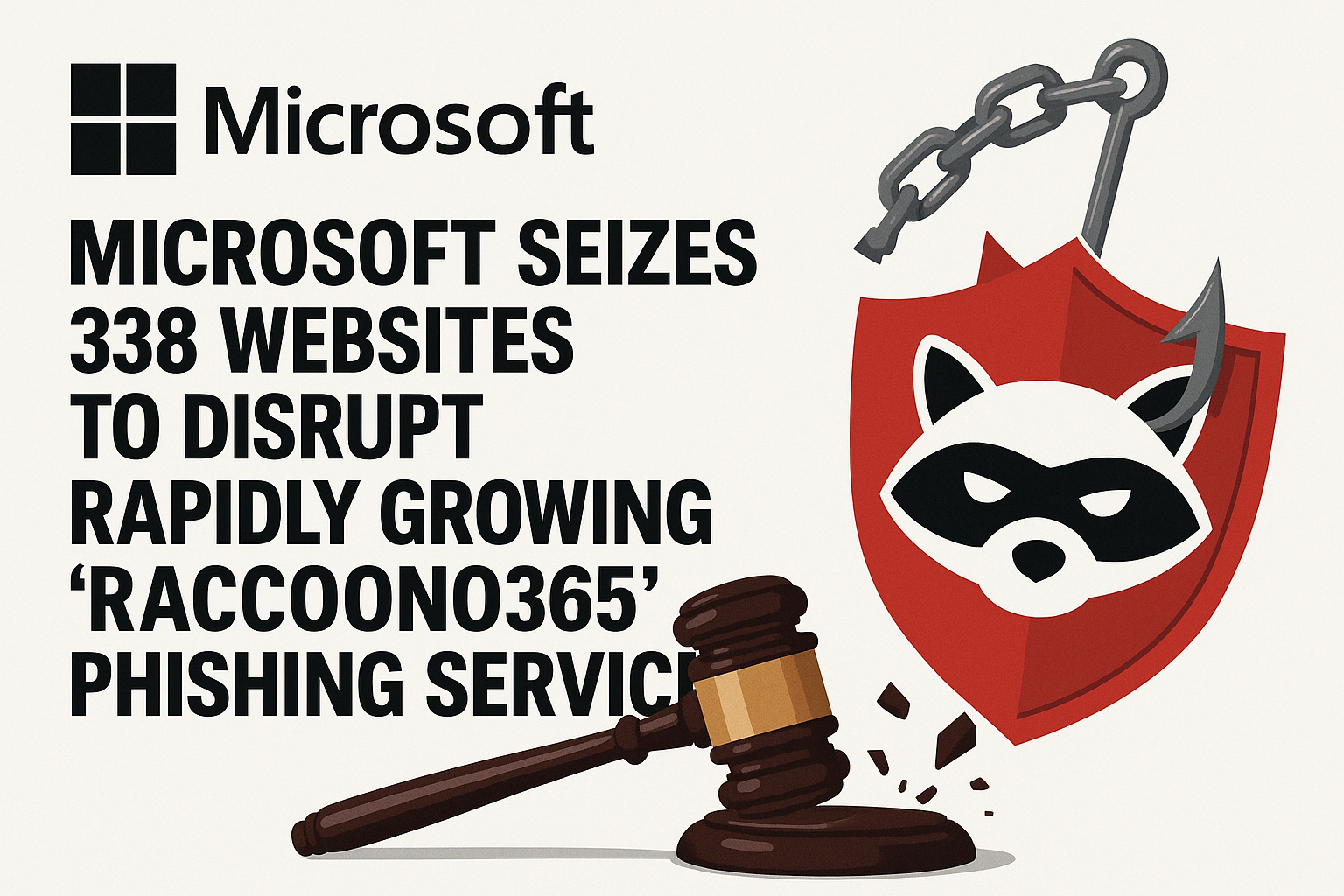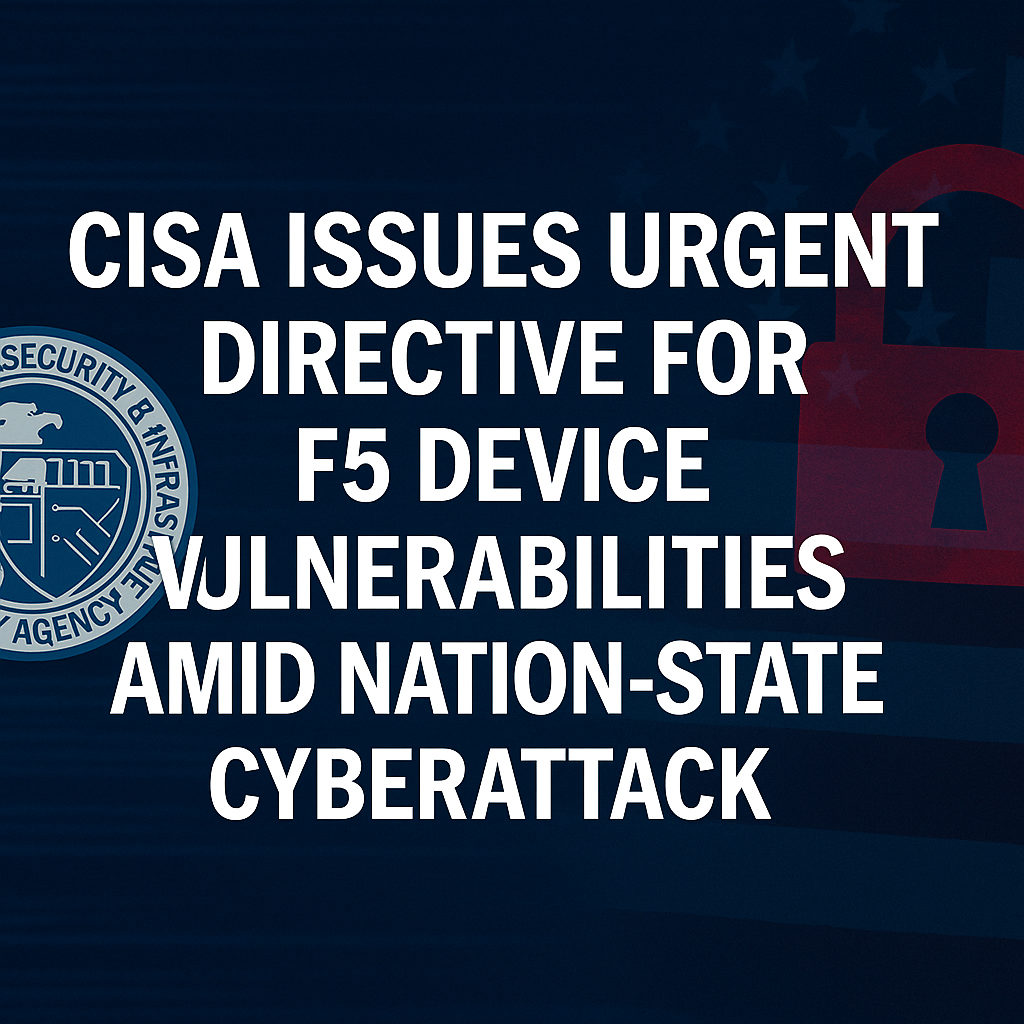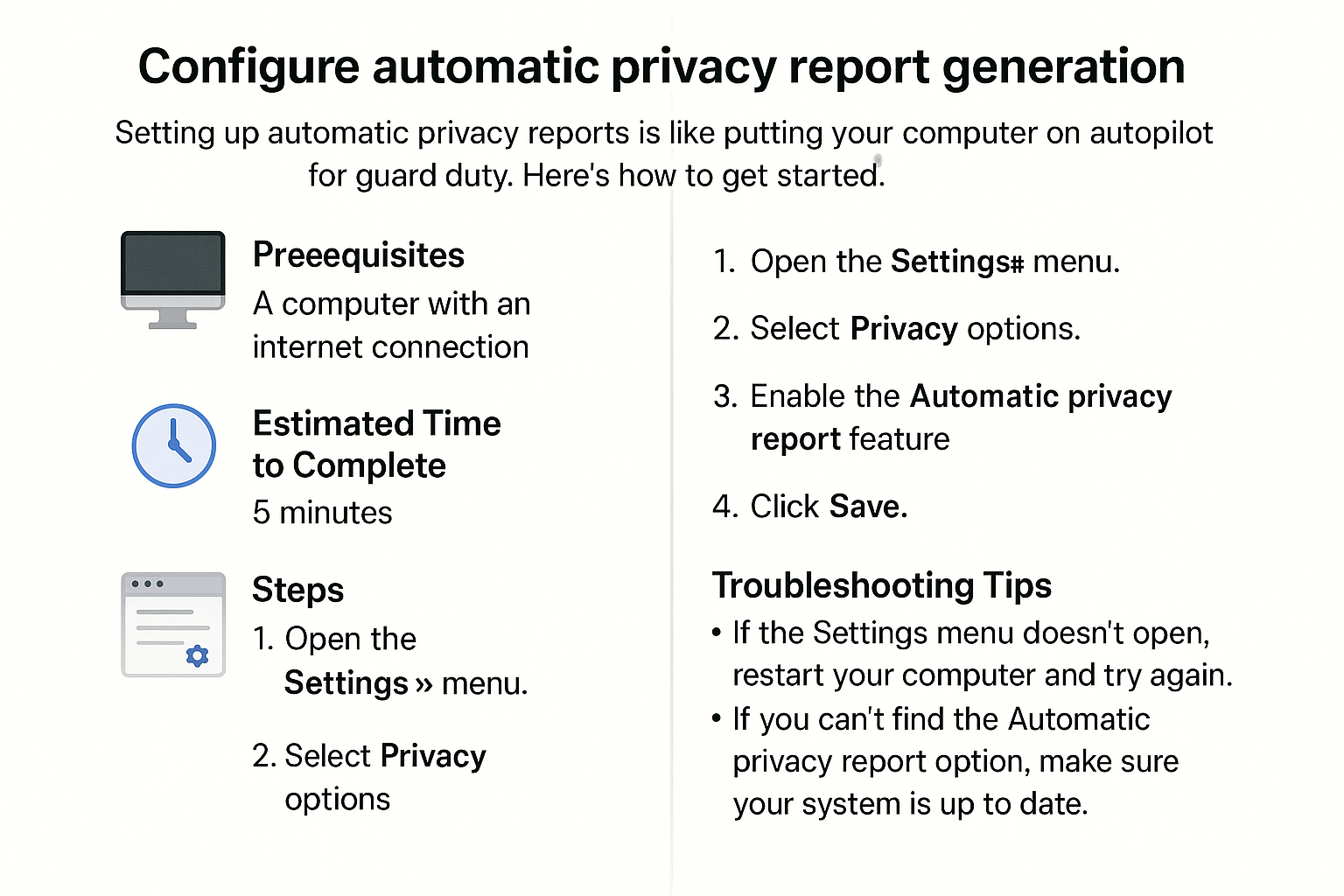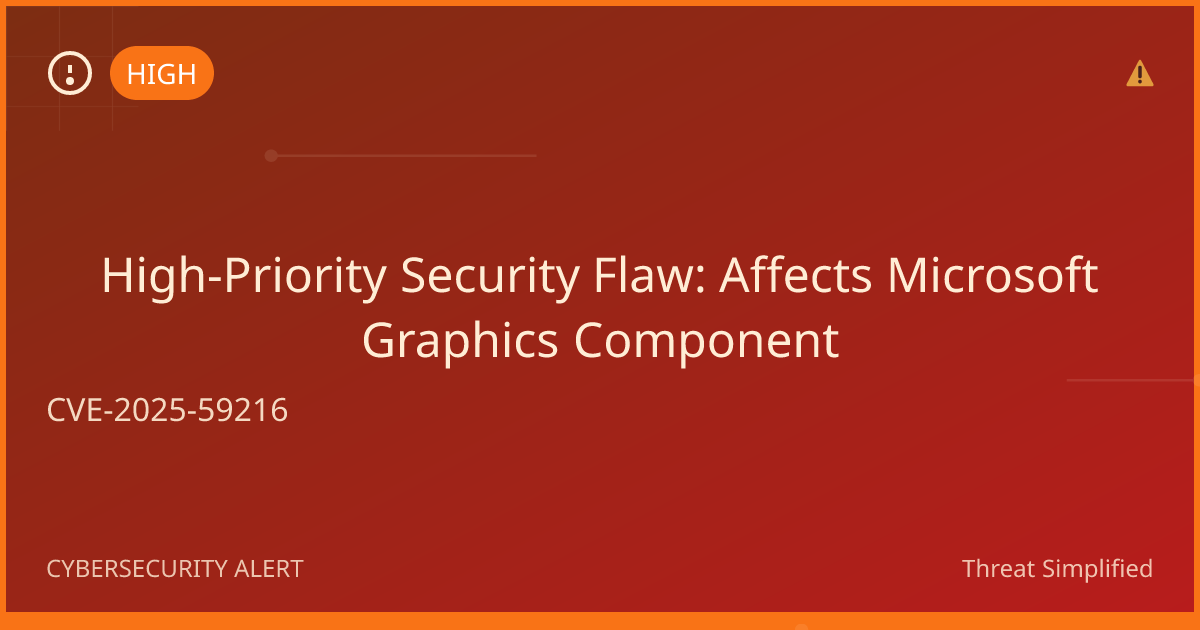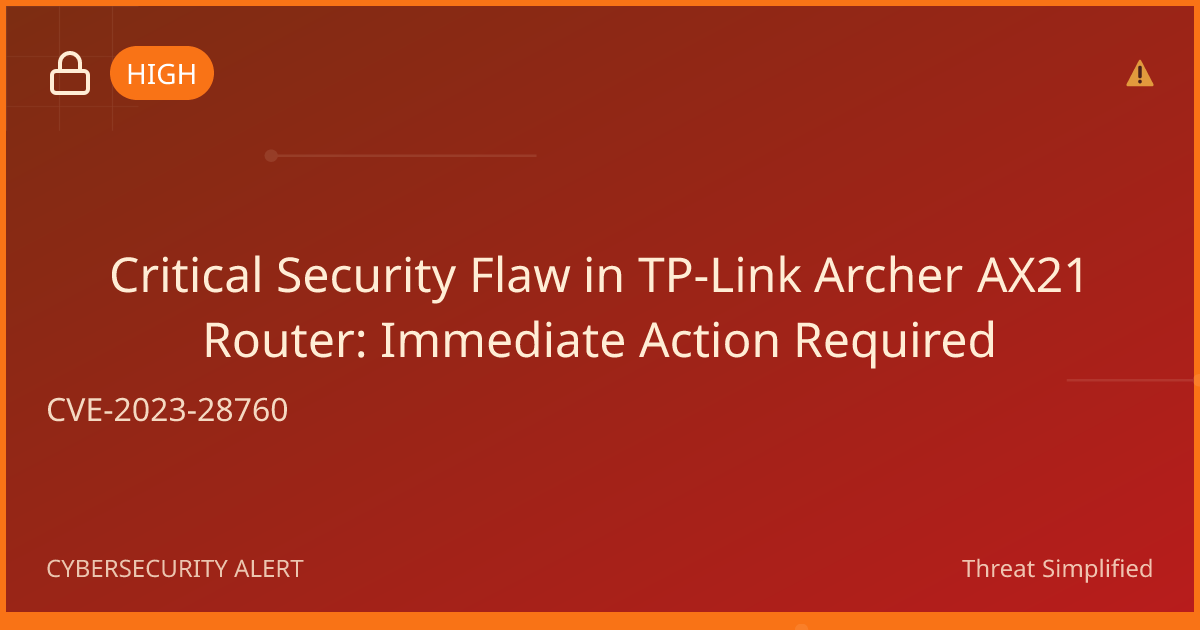Microsoft Seizes 338 Websites to Disrupt Rapidly Growing ‘RaccoonO365’ Phishing Service
Opening Context
In a decisive blow against cybercrime, Microsoft’s Digital Crimes Unit (DCU) targeted RaccoonO365, a burgeoning phishing tool that has become increasingly popular among cybercriminals. RaccoonO365 is designed to simplify the theft of Microsoft 365 usernames and passwords, making cybercrime accessible to individuals lacking technical expertise. This operation reflects a significant escalation in the cyber threat landscape, underscoring the urgent need for heightened awareness and defenses.
Timeline / Background
The operation began in response to a surge of phishing attempts using RaccoonO365 kits, which were first detected in July 2024. RaccoonO365, also known as Storm-2246, allows users to purchase subscription-based phishing tools that facilitate the imitation of official Microsoft communications. As these kits proliferated, Microsoft tracked their impact, revealing the alarming statistic that approximately 5,000 Microsoft credentials have been compromised across 94 countries, with significant implications for both individual users and organizations.
Recognizing a pressing threat, Microsoft sought a court order from the Southern District of New York, leading to the seizure of 338 websites linked to RaccoonO365. This operation aims to dismantle the technical infrastructure that underpins this malicious service, cutting off access to both the criminals and their potential victims.
Technical Details (in plain English)
Fundamentally, RaccoonO365 operates by providing criminals with the means to create fake emails, websites, and communications that closely resemble actual Microsoft correspondence. These tools leverage Microsoft’s branding to mislead users, prompting them to divulge personal information and credentials. The platform allows users to target up to 9,000 email addresses daily and incorporates techniques designed to bypass stronger security measures like multi-factor authentication.
The recent introduction of their AI-powered tool, RaccoonO365 AI-MailCheck, signifies an escalation in capabilities, offering even more sophistication in their phishing attempts. This not only raises concerns about the threat landscape but also illustrates how advanced technology is being weaponized in cybercrime.
Broader Context
The rise of RaccoonO365 mirrors trends seen in other cybercrime incidents, where the threshold for entry into cyber theft has significantly lowered. Consider the notorious WannaCry ransomware epidemic, which leveraged simple vulnerabilities but infected hundreds of thousands of computers worldwide. Similarly, RaccoonO365 demonstrates that even a simple set of tools can empower individuals to engage in cybercrime on a global scale, raising questions about the legal and technical frameworks needed to counteract such threats.
As cyberspace becomes more crowded with threats, the demarcation between skilled hackers and those with minimal expertise is becoming increasingly blurred. RaccoonO365 is emblematic of a troubling new phase in cybercrime, one that leverages both innovation and accessibility.
Expert/Agency Input
The urgency surrounding this case prompted Microsoft to collaborate with Health-ISAC, an organization focused on cybersecurity in the healthcare sector. Concerns regarding the vulnerability of healthcare systems amplify the stakes, as attacks on such organizations can lead to compromised patient care, lost data integrity, and significant financial repercussions.
Experts note that “social engineering remains a favorite tactic among cybercriminals,” and with the scale of RaccoonO365’s operations, it is crucial for organizations to recognize and mitigate these attack vectors before they result in serious breaches.
Impact
The implications of the RaccoonO365 phishing operation extend far beyond the immediate danger to individuals' credentials. The compromised credentials can lead to unauthorized access to sensitive organizational data, including financial, personal, and health-related information. Such breaches can escalate into larger cyber incidents, including ransomware attacks or data breaches that severely impact the stability and security of affected organizations. Given that 20 U.S. healthcare organizations have been specifically targeted, the direct threats to public safety and patient care highlight the gravity of the situation.
What Readers Can Do
In light of these developments, users and organizations must take proactive measures to safeguard against such phishing schemes:
- Enable Multi-Factor Authentication (MFA): This adds an extra layer of security by requiring more than just a password to access accounts.
- Stay Updated on Security Tools: Regularly update anti-phishing and security software to protect against the latest threats.
- Educate Users: Raising awareness about phishing tactics can significantly reduce the likelihood of falling victim to such schemes.
- Verify Communications: Be cautious of unsolicited emails from seemingly official accounts—always confirm through official channels before providing personal information.
- Backup Important Data: Regular backups can help mitigate the impact of any potential data loss from cyber incidents.
Closing
This operation by Microsoft illustrates the ongoing battle against cybercrime and the dedication of companies to protect their users. As the digital landscape evolves, remaining vigilant and adopting strategic security measures will be essential in confronting the ever-growing threat posed by cybercriminals. The recent seizure of RaccoonO365's infrastructure is a vital step in this fight, but it is critical for individuals and organizations to remain proactive in securing their data and digital identities.
Disclaimer
Microsoft is a registered trademark of Microsoft Corporation. This article is not affiliated with or endorsed by Microsoft.
References
- Microsoft’s Digital Crimes Unit Release, September 16, 2025
- Health-ISAC Reports
- Cybersecurity and Infrastructure Security Agency (CISA) Guidelines
- Link
